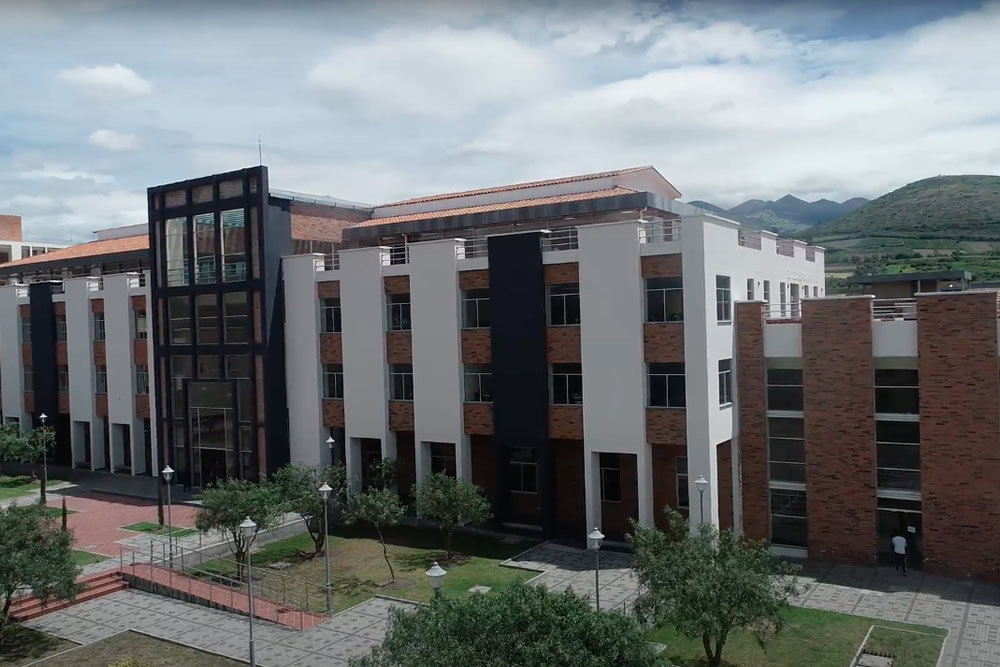A short course in computational science and engineering : C++, Java, and Octave numerical programming with free software tools / David Yevick.
Tipo de material: TextoDetalles de publicación: Cambridge ; New York : Cambridge University Press, 2012.Descripción: xiii, 265 pages : illustrations ; 26 cmISBN:
TextoDetalles de publicación: Cambridge ; New York : Cambridge University Press, 2012.Descripción: xiii, 265 pages : illustrations ; 26 cmISBN: - 9780521116817
- 005.1 23
| Tipo de ítem | Biblioteca actual | Signatura | Copia número | Estado | Fecha de vencimiento | Código de barras | Reserva de ítems | |
|---|---|---|---|---|---|---|---|---|
 Colección general
Colección general
|
Biblioteca Yachay Tech | 005.1 Y48s 2012 (Navegar estantería(Abre debajo)) | Ej. 1 | Disponible | 002996 | |||
 Colección general
Colección general
|
Biblioteca Yachay Tech | 005.1 Y48s 2012 (Navegar estantería(Abre debajo)) | Ej. 2 | Disponible | 002997 | |||
 Colección general
Colección general
|
Biblioteca Yachay Tech | 005.1 Y48s 2012 (Navegar estantería(Abre debajo)) | Ej. 3 | Disponible | 002998 |
Navegando Biblioteca Yachay Tech estanterías Cerrar el navegador de estanterías (Oculta el navegador de estanterías)
Includes index.
Octave programming -- Installing and running the Dev-C++ programming environment -- Introduction to computer and software architecture -- Fundamental concepts -- Procedural programming basics -- An introduction to object-oriented analysis -- C++ object-oriented programming syntax -- Arrays and matrices -- Input and output stream -- References -- Pointers and dynamic memory allocation -- Memory management -- The static keyword, multiple and virtual inheritance, templates and the STL library -- Creating a Java development environment -- Basic Java programming constructs -- Java classes and objects -- Advanced Java features -- Introductory numerical analysis -- Linear algebra -- Fourier transforms -- Differential equations -- Monte-Carlo methods -- Parabolic partial differential equation solvers
"Building on his highly successful textbook on C++, David Yevick provides a concise yet comprehensive one-stop course in three key programming languages, C++, Java and Octave (a freeware alternative to MATLAB). Employing only public-domain software to ensure straightforward implementation for all readers, this book presents a unique overview of numerical and programming techniques relevant to scientific programming, including object-oriented programming, elementary and advanced topics in numerical analysis, physical system modeling, scientific graphics, software engineering and performance issues. Relevant features of each programming language are illustrated with short, incisive examples, and the installation and application of the software is described in detail. Compact, transparent code in all three programming languages is applied to the fundamental equations of quantum mechanics, electromagnetics, mechanics and statistical mechanics. Uncommented versions of the code that can be immediately modified and adapted are provided online for the more involved programs. This compact, practical text is an invaluable introduction for students in all undergraduate- and graduate-level courses in the physical sciences or engineering that require numerical modeling, and also a key reference for instructors and scientific programmers"--
No hay comentarios en este titulo.








